New CRISPR-Based Tool Called PASTE Gene Editing Inserts Large DNA Sequences at Desired Sites
XTalks
DECEMBER 14, 2022
Developed by MIT researchers Jonathan Gootenberg and Omar Abudayyeh, PASTE (Programmable Addition via Site-specific Targeting Elements) gene editing technology can insert genes as long as 36,000 DNA base pairs to liver cells in mice as well as several types of human cells.

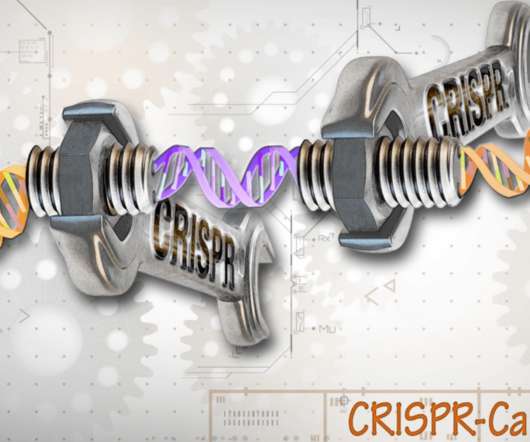
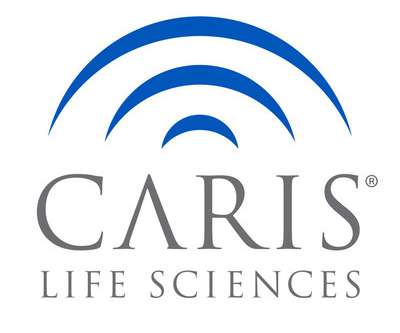

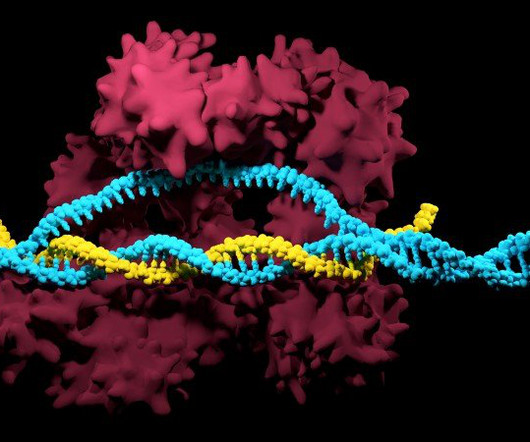
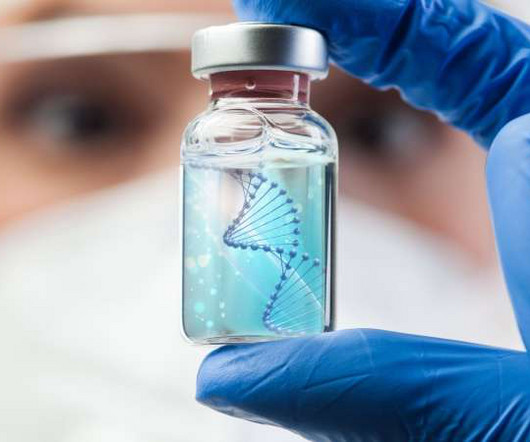


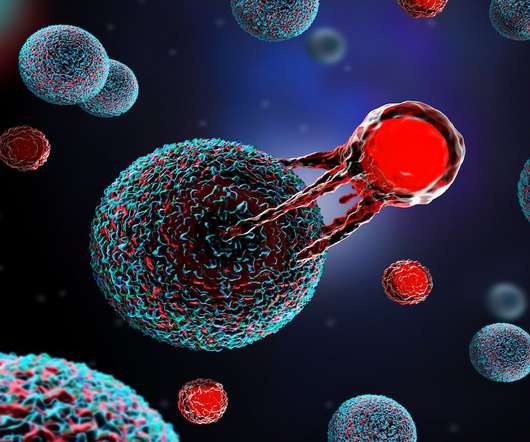









Let's personalize your content